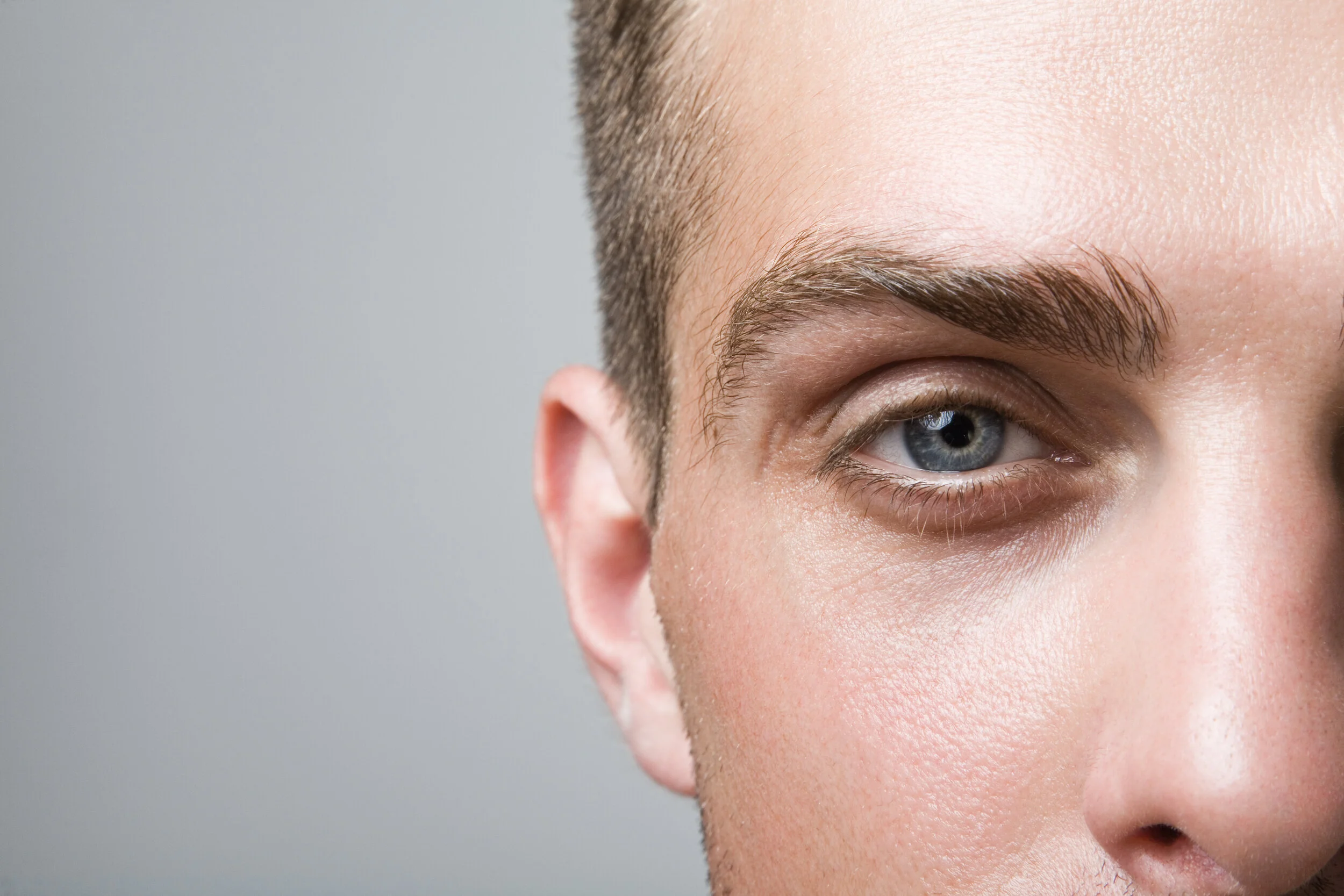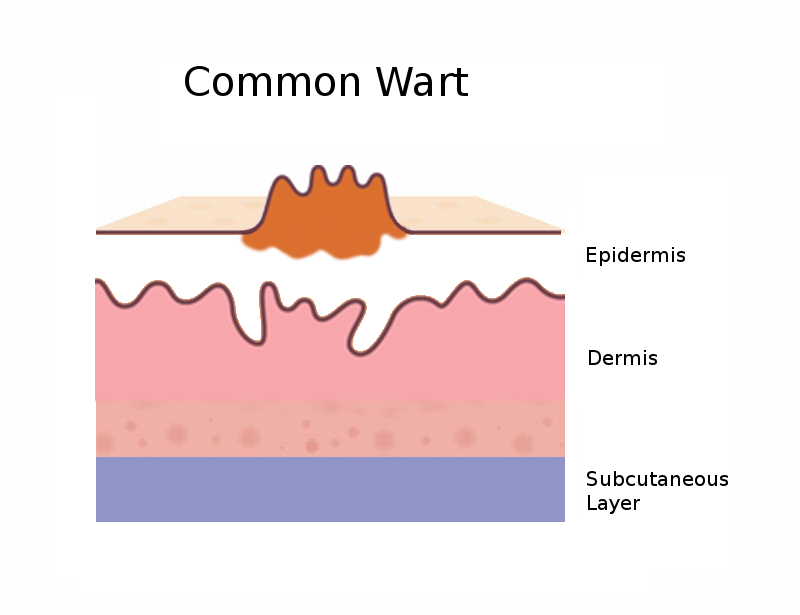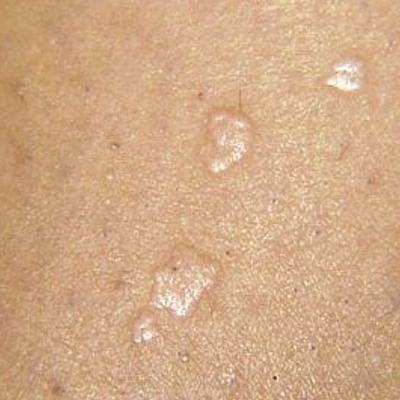Removing warts: The pros and cons of the different methods available.
Warts are caused by a common virus. With over 100 different types of the wart virus, most people will have at least one type of wart in their lifetime. Warts will usually disappear on their own in time. However, just one wart can quickly multiply, as warts are spread by direct contact. In particular, picking at or accidentally cutting the wart with a razor, can make the wart spread very fast.
Thankfully there are many options available to remove warts. The list below will cover home remedies as well as professional wart removal treatments available.
Natural Home Remedies:
Home remedies are for many people the first step in trying to remove a wart. Some of these treatments can be successful, but they usually take longer to work or may not work at all. One very popular home remedy is apple cider vinegar, as it is probably one of the most effective. Applying apple cider vinegar to the wart will, over time, cause it to turn black and fall off. A full list of natural home remedies can be found on this page.
Pros:
1. Inexpensive as most remedies can be found in the kitchen cupboard or in the garden.
2. Treatment can be started immediately as there's no need to wait for an appointment.
2. Pain free, child friendly.
4. Empowers you to take control of your body using centuries-old healing practices.
Cons:
1. A successful treatment will need patience and discipline, as many consecutive applications may be needed.
2. The treatment may not be strong enough to remove some warts completely, or may be ineffective.
5. Care should be taken to not damage any surrounding skin which might cause scarring.
Over The Counter Remedies:
The next step for many people who have been unable to remove the wart using natural remedies, is to visit a chemist. Most remedies sold on the high street contain salicylic acid, which can be found in many forms such as in gels, creams or pads. Salicylic acid softens and dissolves the wart and is a popular choice of wart remedy.
Pros:
1. No prescription needed, the remedy can be brought from any chemist.
2. Pain free, child friendly.
3. Cheap compared to professional wart removal treatments.
4. Treatment can be started immediately as there's no need to wait for an appointment.
5. Can be used on all types of warts including verrucas.
Cons:
1. A successful treatment will need patience and discipline, as many consecutive applications may be needed.
2. Some people may be sensitive to salicylic acid causing skin rash or irritation.
3. Cannot be used on children under 24 months of age.
4. Care should be taken to not damage any surrounding skin when applying.
Electrolysis Wart Removal
Electrolysis is carried out by a qualified advanced electrolysis practitioner by inserting a tip of a small probe into the wart using a thermolysis current. A scab will form over the wart and the site will heal up within a few weeks.
Pros:
1. Usually only one or two treatments needed for successful removal.
2. Reasonably priced.
3. Safe.
Cons:
1. It may be hard to find an advanced electrolysis practitioner as it requires further training.
2. The treatment will be uncomfortable, sometimes painful.
3. Follow up treatments may be needed.
4. It can take up to a couple of months for skin to return to normal colour after treatment.
5. The skin will feel warm and tender after treatment.
Cryotherapy Wart removal
Cryotherapy is the standard treatment for wart removal and has successfully been used for many years by health professionals. Traditionally liquid nitrogen has been used to freeze the wart, thereby destroying the tissue and the blood supply to the wart. After treatment the wart naturally falls off within a couple of weeks. The treatment is considered very safe and there is little risk of scarring. Recently, advanced has been made in the use of Cryotherapy. The Cryopen uses a very fine jet of N 2O to freeze the wart with millimeter precision, thereby causing less discomfort and minimizing any freezing of the surrounding skin.
Pros:
1. Usually only one or two treatments are needed for effective wart removal.
2. Painless procedure with only a slight stinging sensation felt during treatment.
3. Reasonably priced.
4. Safe for children.
Cons:
1. Follow up treatments may be needed for stubborn warts.
2. May be unsuitable for children if they cannot sit still during treatment.
Laser Wart Removal
Laser surgery uses an intense laser light beam to burn the wart tissue and it's blood supply, thereby destroying the wart. The wart will naturally fall off after a few weeks. Using laser to remove warts is usually not considered a first choice for wart removal. However, it is sometimes used when the warts are widespread, very large or all other treatments have failed.
Pros:
1. Can be used as a last resort treatment for warts.
2. Can treat large areas in one sitting.
3. The treatment is considered safe.
Cons:
1. Anesthetic is often needed to numb the area being treated.
2. The area can be painful for a few days after the treatment.
3. Five or more treatments may be needed for stubborn warts.
4. It is usually more expensive that other treatments.










The majority of warts have a very distinct appearance, looking like little rough bumps usually round in shape and less than one centimetre wide.
However, one type of wart which can often be confused with a skin tag is the filiform wart. The filiform wart is caused by a subtype of the HPV virus. More than 70 subtypes of the HPV virus are known, each causing different types of warts on different parts of the body.